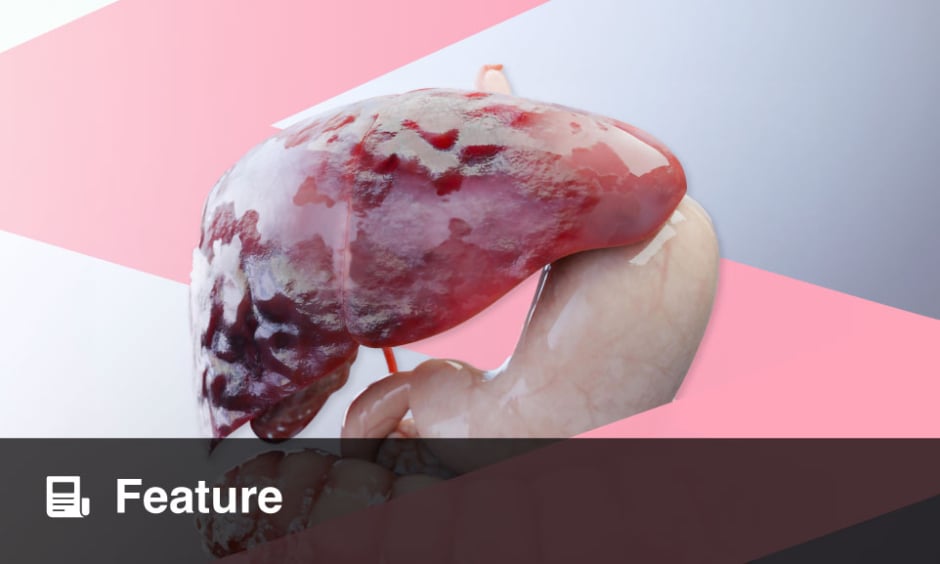A RECENT study demonstrated an AI model that can accurately predict tacrolimus concentrations and suggest optimal dosing for liver transplant recipients, potentially improving patient outcomes during the early post-transplant period.
The study utilised data from 443 patients who underwent liver transplantation between 2017 and 2020 at a hospital in South Korea. The study aimed to address the challenge of titrating tacrolimus, a vital immunosuppressant drug, by developing advanced predictive models using machine-learning algorithms.
Researchers created two machine-learning models, a Long Short-Term Memory (LSTM) model and a Gradient-Boosted Regression Tree (GBRT) model. These models incorporated time-series data of tacrolimus doses and concentrations, along with patient-specific factors such as age, sex, body measurements, liver enzymes, and other key biochemical markers. The models were compared against traditional methods, including linear regression and populational pharmacokinetic models, and further validated using external data from the eICU Collaborative Research Database in the United States.
The LSTM model outperformed all other models, demonstrating superior accuracy with a median performance error of 8.8% compared to higher errors in the Gradient-Boosted Regression Tree, linear regression, and pharmacokinetic models. The study also found that dosing decisions based on the LSTM model’s recommendations resulted in more frequent achievement of therapeutic tacrolimus concentrations (P<0.001). Furthermore, patients whose tacrolimus doses fell outside the suggested range experienced longer stays in the ICU by an average of 2.5 days (P=0.042), underlining the potential clinical impact of precise dosing.
These findings show the promise of machine-learning tools in managing complex medication regimens for liver transplant recipients, suggesting that integrating such models into clinical practice could enhance drug titration and patient care. As researchers continue to refine these algorithms, the application of artificial intelligence in healthcare is poised to play a transformative role in improving outcomes for transplant recipients.
Aleksandra Zurowska, EMJ
Reference
Yoon S B et al. Machine-learning model to predict the tacrolimus concentration and suggest optimal dose in liver transplantation recipients: a multicenter retrospective cohort study. Sci Rep. 2024;14:19996.








